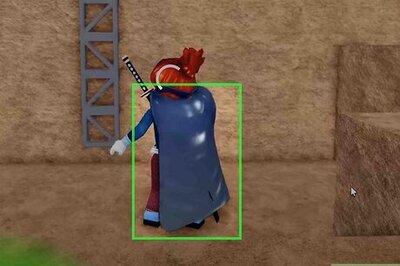
views
The US Food and Drug Administration (FDA) has issued its highest-level alert regarding a heart pump associated with 49 deaths and 129 injuries.
Impella Left Sided Blood Pumps are used for short term support of the pumping chambers of the heart (ventricles) during high-risk catheter-based procedures called percutaneous coronary interventions (PCI), according to FDA. These pumps also are used when there is ongoing cardiogenic shock that occurs less than 48 hours after a severe heart attack, open-heart surgery, or when the heart is not functioning well due to cardiomyopathy.
But now the FDA has come forward with an alert, saying that the Impella left-sided pumps pose a risk of puncturing the heart’s left ventricle if misused. The US regulator issued the alert as Abiomed, the manufacturer of the pump, released new instructions. The FDA classified the recall as the “most serious type,” citing potential serious injuries or death if misused. While the recall is a correction, not a removal, it affects 66,390 devices distributed in the US since October 10, 2021.
“Abiomed is recalling its Impella Left Sided Blood Pumps because the pump catheter may perforate (cut) the wall of the left ventricle in the heart. During operations, the Impella device could cut through the wall of the left ventricle,” read the FDA alert. “The use of the affected Impella pumps may cause serious adverse health consequences, including left ventricle perforation or free wall rupture, hypertension, lack of blood flow, and death. There have been 129 reported serious injuries, including 49 reports of death,” it added.
The FDA approved the pump in 2008. The New York Times reported that Abiomed disclosed the risk in October 2021 but failed to notify the FDA promptly. After an inspection, the FDA criticised Abiomed for the delay, resulting in an “Urgent Medical Device Correction letter.” This letter includes revised instructions for proper use. Despite the alert, Johnson & Johnson, which acquired Abiomed, assured that the Impella heart pumps remain available for patients.




















Comments
0 comment